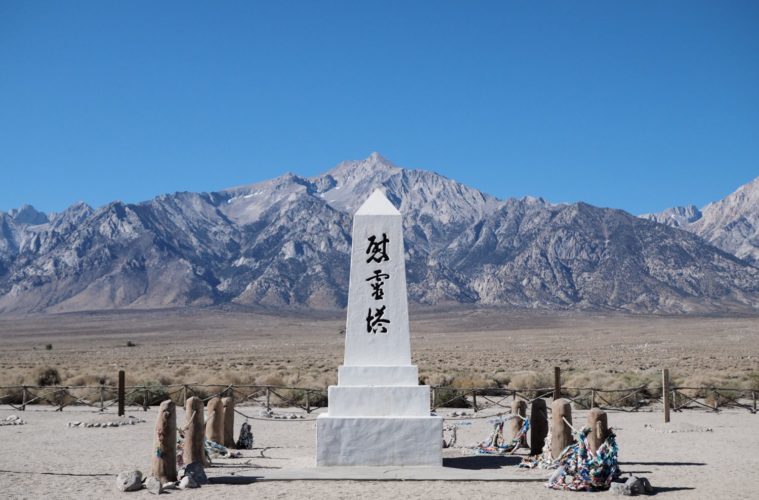In World War II, 127,000 persons of Japanese ancestry were shipped off to internment camps, where they were forced to live in horse stalls and shoddy barracks under the eyes of gun-toting military police. The federal government claimed it was for their own protection, but the guard towers surrounding the barbed wire fences told the real truth: the guns were pointed inwards.
My grandparents were among those forced into camps out of fear that their Japanese heritage made them disloyal Americans. They were both born in America, rightfully born citizens who were wrongfully imprisoned as 8- and 2-year-old children simply for “looking like the enemy.” Nearly 80 years after Executive Order 9066 forced them out of their homes, not a single Japanese American or Japanese national was ever found guilty of sabotage or espionage.
Tragically, this type of anti-Asian hysteria still exists today. Since coronavirus’ rapid spread of destruction and the previous administration’s references to it as the “Chinese virus” and “kung flu,” anti-Asian violence has been spiking. In the last few weeks, there have been several violent attacks against the Asian community in California. An 84-year-old in San Francisco died after being shoved to the ground. A 91-year-old was attacked in Oakland. Unfortunately, this is still a nationwide issue as a 61-year-old male in NYC recently had his face violently slashed on the subway.
This recent flood of hate crimes and anti-Asian sentiment forces us to confront the uncomfortable question: has America really changed over the last century?
The harmful myth of being the “model minority” – a group who is polite, well-behaved and makes no waves – limits genuine understanding and empathy for Asian-American cultures. It limits progress. The Bureau of Justice Statistics’ National Crime Victimization Survey found that less than half of hate crimes (46.3%) are ever reported, a horrifying statistic that indicates the multiple shocking accounts of anti-Asian violence are just barely scratching the surface. The model minority stigma only elevates the stakes, as it can drive a wedge between Asians and other BIPOC.
We have just elected our first female, Asian-American vice president, a promising symbol of change in regard to minority representation. Yet, the recent attacks remind us of how far we still must go in combatting anti-Asian sentiment in America. We can no longer stand silently as violent attacks grounded in xenophobic fear and hatred sweep the country. The time for Asian-Americans and Asians to be heard and recognized is long overdue.
Michaela Krum is a fourth-generation Japanese American living in Newport Beach. She is also a recent Phi Beta Kappa graduate from UC Irvine.
Advertising disclosure: We may receive compensation for some of the links in our stories. Thank you for supporting Irvine Weekly and our advertisers.

